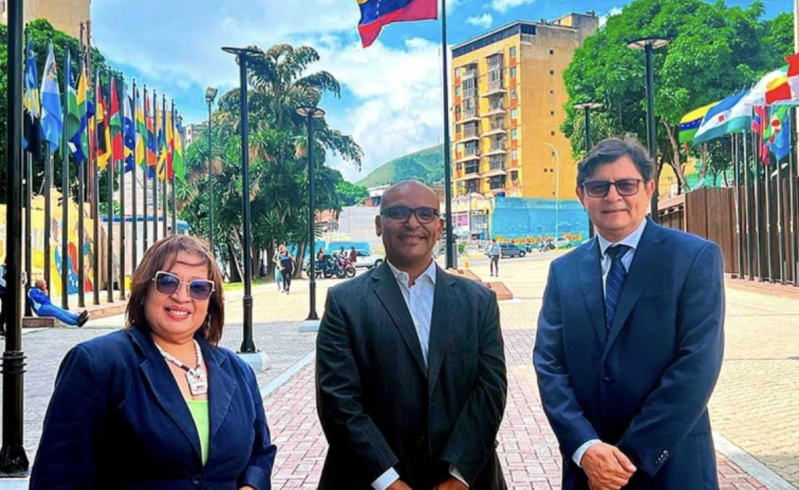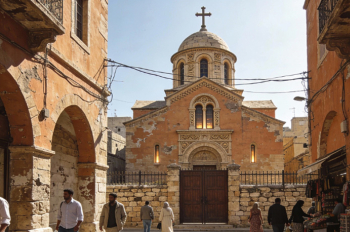
The Evangelical Council of Venezuela (CEV) has filed a petition before the country’s Supreme Court of Justice seeking legal clarity on how a law regulating non-profit organizations applies to churches and other religious entities.
In a statement released this week, the CEV said it submitted a request for interpretation to the Political-Administrative Chamber of the Supreme Court in Caracas to clarify the application of the Law on Oversight, Regulation, Action, and Financing of Non-Governmental Organizations and Non-Profit Social Organizations. The Council said the move aims to protect the legal and religious freedoms of churches amid what it described as “contradictory interpretations” by different state institutions.
According to the CEV, the legal action asks the court to determine how the law should apply to faith-based civil associations and to define the legal status of religious organizations that have not yet obtained formal recognition. The Council noted that several of its member churches are affected by the issue.
“There are many organizations that live this reality,” the CEV said in its statement.
The petition was presented by a legal team led by attorney and specialist Maurice Eustache, joined by CEV President Pastor César Mermejo and Secretary of Records and Correspondence Pastor Zoraida de García. The filing took place at the Supreme Court headquarters in Caracas.
The CEV said the initiative follows a mandate approved during its 51st National Assembly in March, where members established an advisory commission on religious freedom connected to the movement “Understanding the Times.”
The Evangelical Council stressed that its action is not meant to confront authorities but to safeguard the constitutional freedoms of association and worship. The group said it seeks to ensure that churches and ministries can operate with “legal security” under Venezuelan law.
“We trust that this step will contribute to strengthening the exercise of faith within a framework of legality and respect,” the statement said.
The Council also thanked supporters and donors who made the legal effort possible, reaffirming its commitment to “continue serving God’s purposes and defending the interests of the evangelical Christian community.”
Original reporting by Diario Cristiano, Christian Daily International's Spanish edition.






